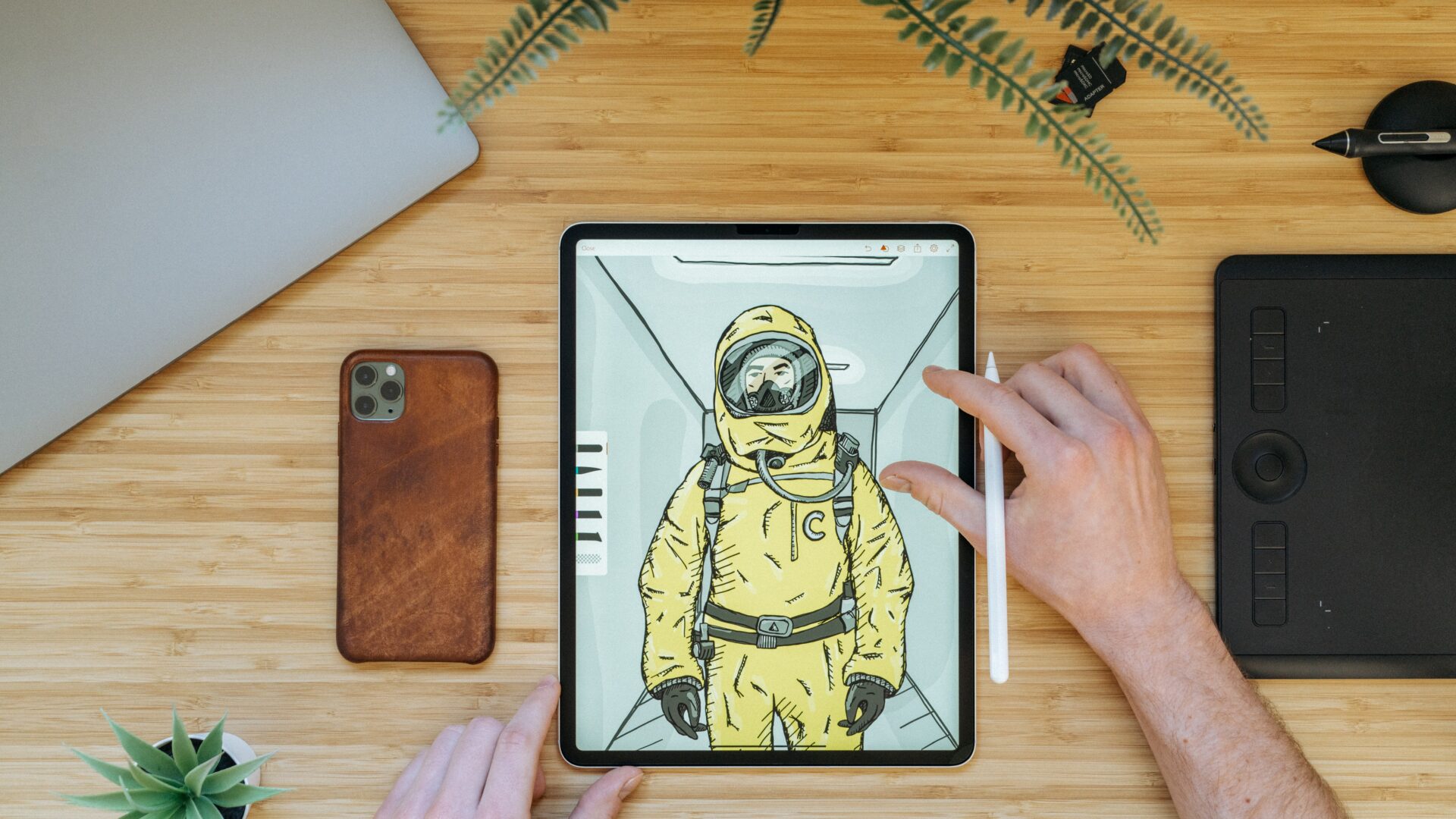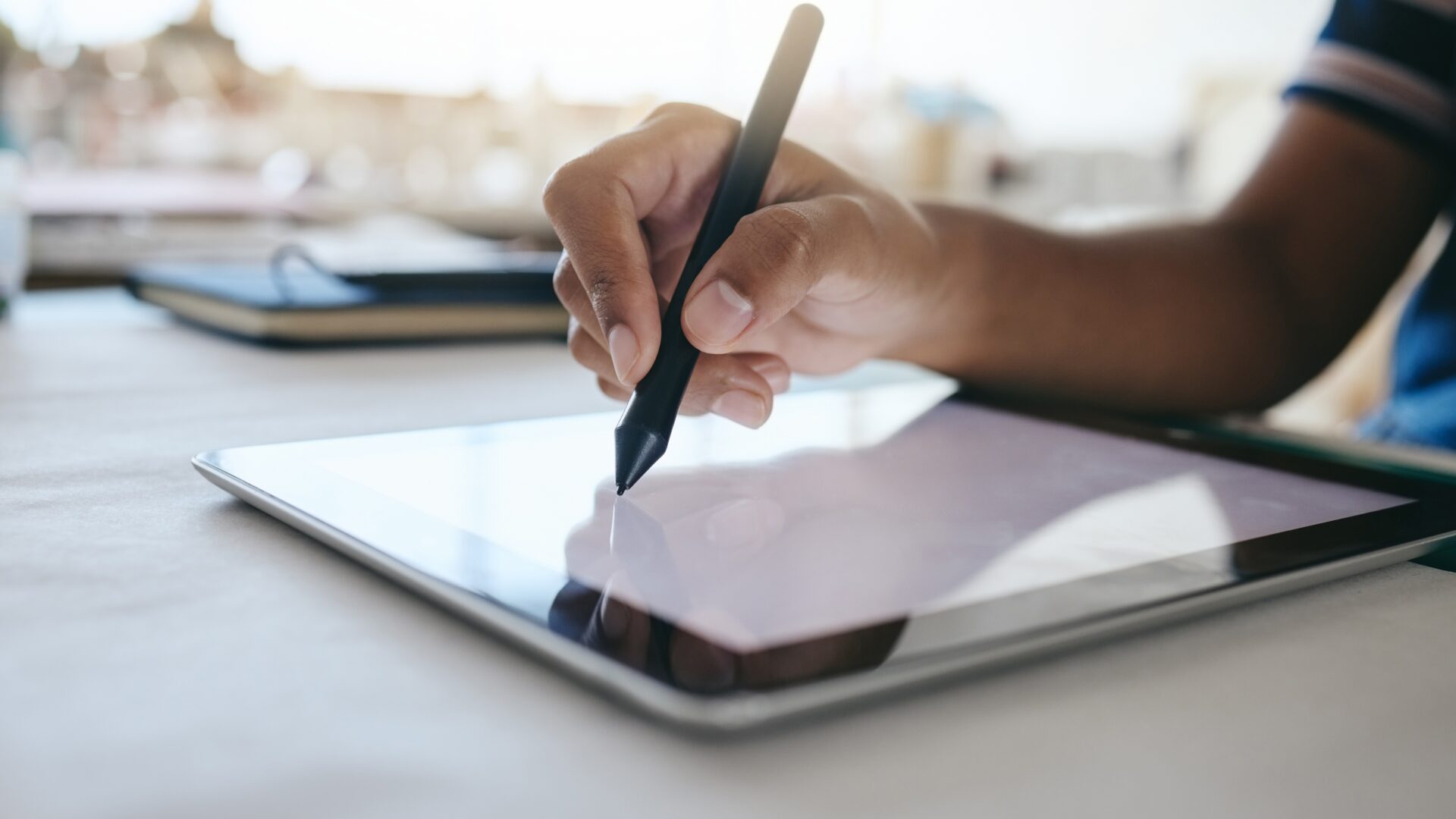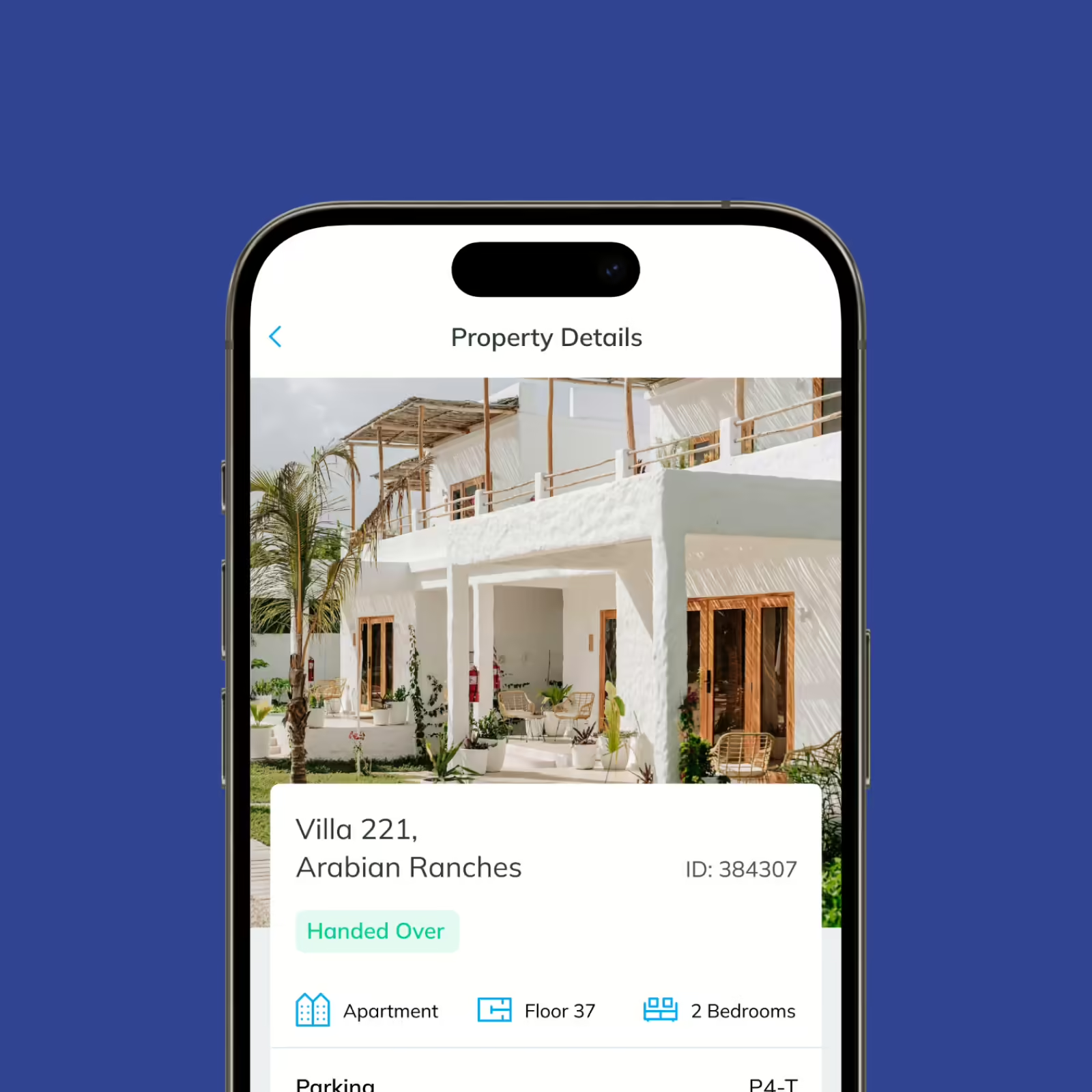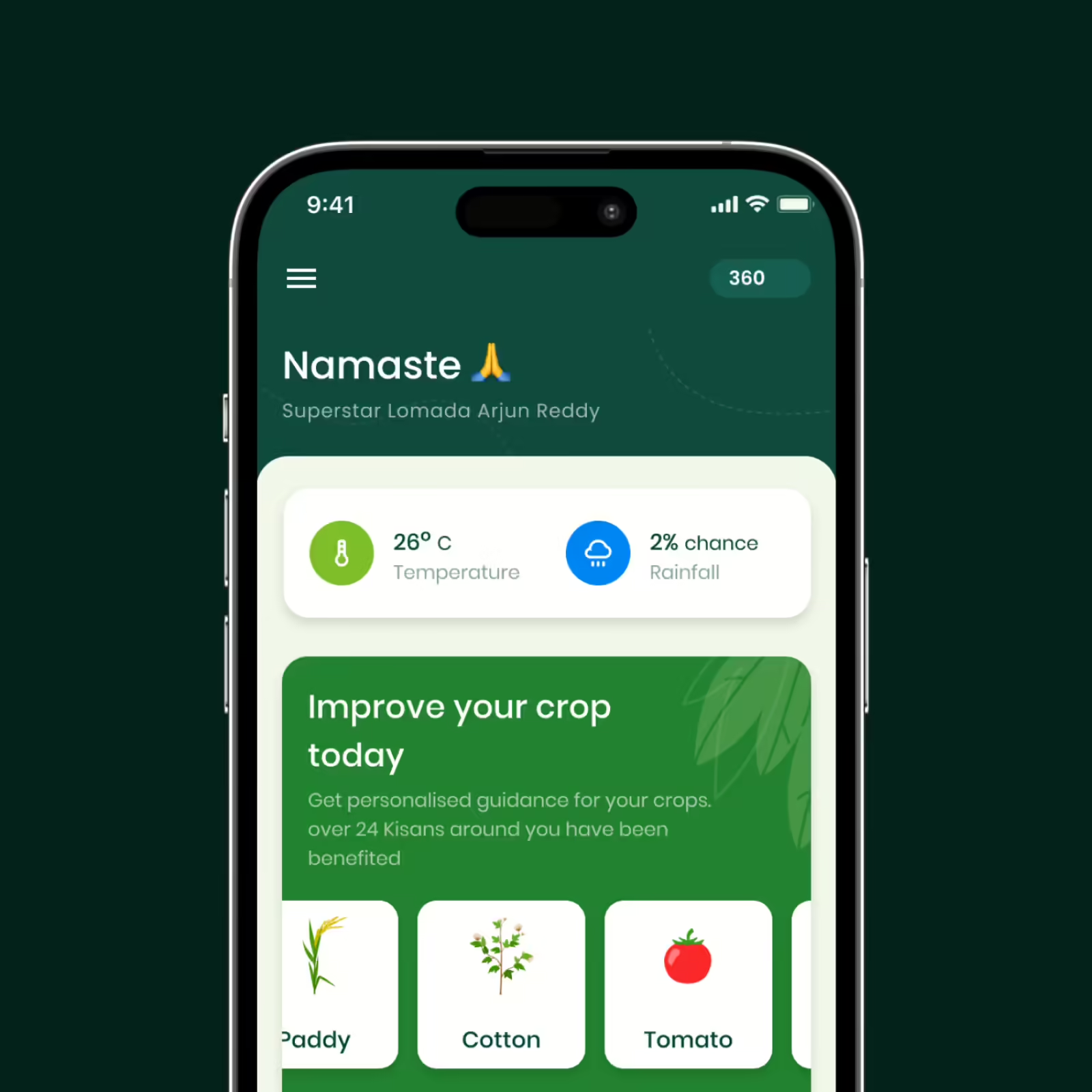What is
Animation & Motion Design?
Animation in UI/UX design is the process of adding motion to UI or visual design elements to enhance the product’s interaction with the user, increasing usability, & adding a touch of delight. Motion in interface design along microinteractions alert the users about changing states, how to progress to the next stage, & even draw their attention to the right functionalities. Animation & Motion design in UI/UX also add to visual appeal, making designs more dynamic, intuitive, & interactive.
Why is Animation & Motion design important?
- Increase visual aesthetics & appeal
- Make your brand stand out from the crowd
- Easy brand recall & recognition
- Enhance usability by drawing users’ attention to the right elements
- Decrease cognitive load by visually communicating more than just by text
- Simplify complex information & tasks thus enhancing usability
- Enable brand storytelling
- Add value to your existing content
- Make interfaces more interactive & intuitive
- Can easily draw attention to the right interface elements to simplify tasks & navigation
- Can make interface design more realistic by mimicking actions from the real world & adding it in digital interfaces
Animation & Motion in user experience design
Animators & motion designers add a lot to the overall user experience design. The main functional benefit of animation & motion design in UX design is that these ease completion of tasks, navigation, & search for the right information across the entire product. Motion & microinteractions can mimic real-world entities such as adding items to a cart, making payments, booking consultations, etc in the digital ecosystem thus removing the physical/digital boundary.
In many cases, animation & motion design can pave the way for more accessible & inclusive designs by making use of universal symbols & gestures that are free from language & ability restrictions. Animation & motion design also add a touch of delight that further enhances the brand image. By guiding the user throughout the platform by drawing their attention to the right elements at the right time, animation & motion design can greatly enhance the overall user experience of your product.
How is animation & motion design done?
- Even though imagination & abstract thinking are critical to animation & motion design, there still are many constraints to this process. Animation & motion designers must keep in mind the target user groups & the industry they are designing for & must create visual assets that do justice to both.
- It’s important to understand the design brief properly – from the brand image to tone to business goals & ultimate vision. All of these help build a cogent animation & motion design plan.
- Scripting & storyboarding are essential before the actual animations & motion design assets are created. Storyboarding has to closely follow user needs & expectations & business offerings.
- Animation style, music (if needed), transitions, timings -all of these are of critical importance. All of these should comply with the overall brand tone & client requirements.
- It’s important to get feedback from internal & external stakeholders & iterate upon a number of ideas before freezing the final designs.




